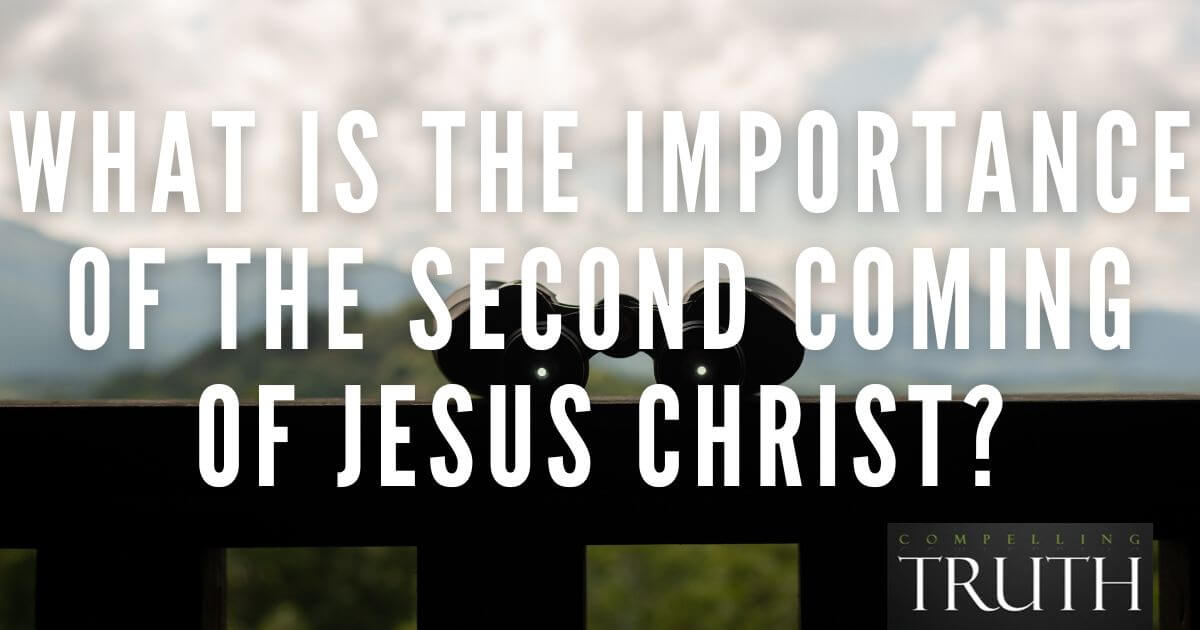what does the bible say?
Postmillennialism is one of several end-times interpretations, alongside premillennialism and amillennialism, that seeks to understand the timing and nature of Christ’s return. It emerged in the eighteenth century, influenced by cultural optimism, technological progress, and the belief that human society could improve under Christ’s influence. Unlike premillennialism, which sees Christ’s return as initiating His kingdom, postmillennialism teaches that the church will establish a peaceful millennial age before Jesus returns. It shares amillennialism’s spiritualized view of prophecy and the belief that the church has replaced Israel in God's plan.
Postmillennialism envisions a golden age where Christ reigns in the hearts of believers, gradually transforming society through evangelism, social progress, or even political control. Different forms range from classical postmillennialism, which emphasizes worldwide evangelism, to dominionism, which seeks political rule under biblical law. The millennium is seen as a symbolic period, either beginning at Christ’s resurrection or developing over time. According to this view, after an era of peace, Jesus will return, defeat Satan, and bring final judgment and resurrection.
Postmillennialism does not align with a literal interpretation of Scripture as it relies on symbolic readings of key prophetic passages. The Bible clearly describes a future time of increasing wickedness and tribulation before Christ’s return, not a golden age of peace brought about by human effort (Matthew 24:6-12; 2 Timothy 3:1-7). Additionally, Revelation 19:11-21 portrays Christ's return as a decisive victory over evil, not a result of the church's efforts to establish a peaceful world. Therefore, postmillennialism's focus on human-driven progress contradicts the biblical narrative that Christ Himself will bring His kingdom in power and glory.




